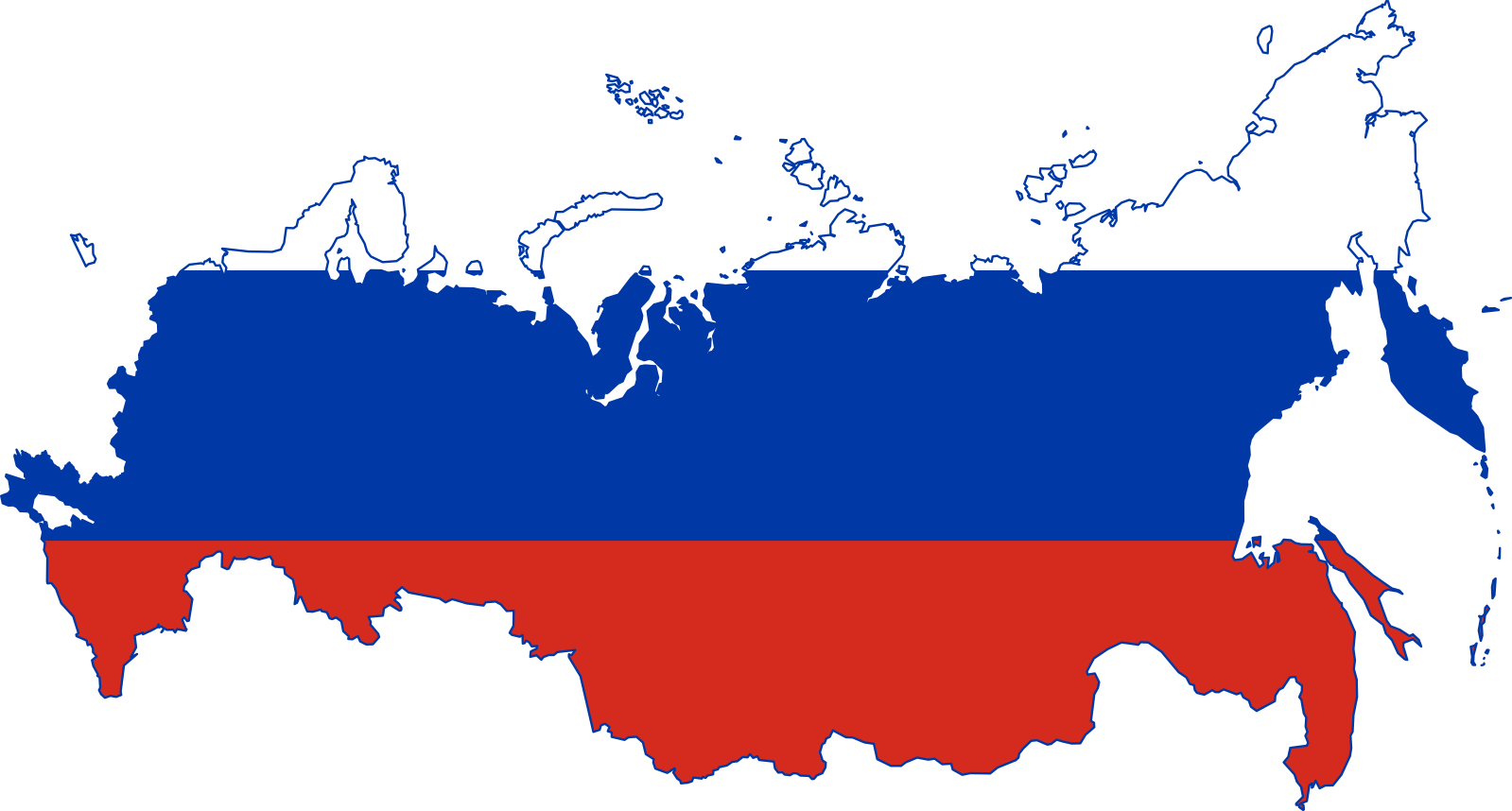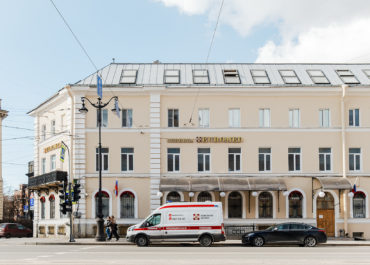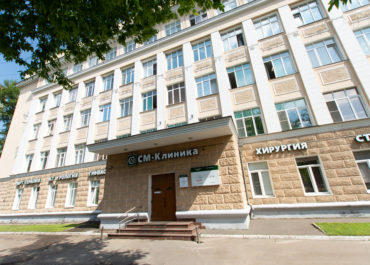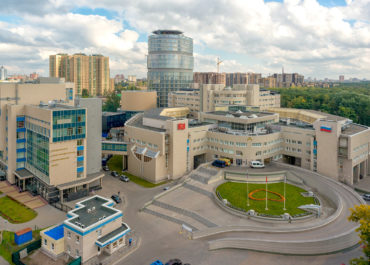Blood diseases - treatment in Russia
Diseases of the blood constitute a large and heterogeneous group of syndromes that develop with violations of the qualitative and quantitative composition of the blood. The practical area that develops the principles of diagnosis and treatment of blood diseases is hematology and its separate branch – hematology oncology. Specialists who correct the state of the blood and hematopoietic organs are called hematologists. The closest interdisciplinary links are hematology with internal diseases, immunology, oncology, and transfusiology.
All diseases of the blood and hematopoietic system are classified based on the defeat of one or another of its components. In hematology, blood diseases are usually divided into three large groups: anemia, hemoblastosis and hemostasiopathy. So, deficient, hemolytic, hypo- and aplastic anemias are frequent abnormalities and lesions of erythrocytes. The structure of hemoblastoses includes leukemias and hematosarcomas. Blood diseases associated with damage to the hemostasis system (hemostasiopathy) include hemophilia, von Willebrand disease, thrombocytopathy, thrombocytopenia, disseminated intravascular coagulation, etc.
Diseases of the blood can be congenital and acquired. Congenital diseases (sickle cell anemia, thalassemia, hemophilia, etc.) are associated with gene mutations or chromosomal abnormalities. The development of acquired blood diseases can be triggered by numerous environmental factors: acute and chronic blood loss, exposure to ionizing radiation or chemical agents, viral infections (rubella, measles, mumps, influenza, infectious mononucleosis, typhoid fever, viral hepatitis), nutritional deficiency, impaired absorption of nutrients and vitamins in the intestines, etc. When bacterial or fungal agents enter the bloodstream, a serious blood disease of infectious genesis occurs – sepsis. Many blood diseases go hand in hand with collagenoses.
The manifestations of blood diseases are multifaceted and not always specific. The characteristic signs of anemia are causeless fatigue and weakness, dizziness up to fainting, shortness of breath during physical exertion, pallor of the skin. Blood clotting disorders are characterized by petechial hemorrhages and ecchymosis, various types of bleeding (gingival, nasal, uterine, gastrointestinal, pulmonary, etc.). In the clinic of leukemia, intoxication or hemorrhagic syndromes come to the fore.
The very first method, with which the diagnosis of blood diseases begins, is the study of the hemogram (clinical analysis) with the determination of the quantitative composition of the blood and the morphology of the formed elements. In blood diseases occurring with impaired hemostasis, the number of platelets, the time of blood coagulation and bleeding, prothrombin index, coagulogram are examined; various kinds of tests are carried out – a tourniquet test, a pinch test, a can test, etc.
To assess the changes occurring in the hematopoietic organs, bone marrow puncture is used (sternal puncture, puncture of the ilium, trepanobiopsy) with the study of its cellular composition. In connection with blood diseases, it is possible to carry out other invasive diagnostic interventions: biopsies of the lymph nodes and spleen to clarify the relationship between the central and peripheral hematopoietic organs.
Radiation methods of research (X-ray and CT of the chest, X-ray of tubular bones) are used to detect enlarged mediastinal lymph nodes in lymphogranulomatosis, lymphosarcoma, lymphocytic leukemia; lesions of bones in lymphomas, myeloma, etc. To assess the size, function of the spleen and identify its focal lesions, scintigraphy is performed. As part of clarifying the causes of the anemic syndrome, patients may need to consult a gastroenterologist and gynecologist; conducting FGDS, colonoscopy, ultrasound of the liver.
Any changes in the hemogram or myelogram, as well as symptoms indicating the likelihood of developing blood diseases, require a competent assessment by a hematologist, dynamic observation or specialized treatment under his control. Modern hematology has developed the fundamental principles of the treatment of various blood diseases and has accumulated vast experience in their cure. If possible, the treatment of blood diseases begins with eliminating the causes and risk factors, correcting the work of internal organs, replenishing the missing substances and microelements (iron – with iron deficiency anemia, vitamin B12 – with B12-deficiency anemia, folic acid – with folate deficiency anemia, etc.)
In some cases, the use of corticosteroids, hemostatic drugs, extracorporeal hemocorrection (plasmapheresis, erythrocytapheresis) may be indicated. Often, hematological patients need transfusion of blood and its components. The most relevant and effective methods of treating hematoblastosis worldwide are cytostatic therapy, radiotherapy, allogeneic and autologous bone marrow transplantation, and the introduction of stem cells. A number of blood diseases (thrombocytopenic purpura, autoimmune anemias, myeloid leukemia, etc.) are indications for spleen removal – splenectomy. Treatment of blood diseases in Moscow is carried out in specialized hematological medical research centers with world-class technical equipment and highly qualified specialists.
With the current level of development of medical science, most blood diseases can be cured and prevented. To do this, it is necessary to take a general blood test annually, immediately consult a doctor when the first alarming symptoms appear, not to start the course of chronic diseases (erosive gastritis, gastric ulcer, enteritis, NUC, hemorrhoids, uterine fibroids, etc.). Avoid exposure to unfavorable environmental factors. To exclude the birth of offspring with congenital blood diseases, medical and genetic consultations are carried out.
If you haven’t find the disease you are searching for or you have any other questions our managers are ready consult you free of charge 24/7
17 Hospitals
Here you can find information about Russian hospitals that treat Blood diseases.
Available online consultations with doctors
Available online consultations with doctors
Available online consultations with doctors
Available online consultations with doctors
Available online consultations with doctors






